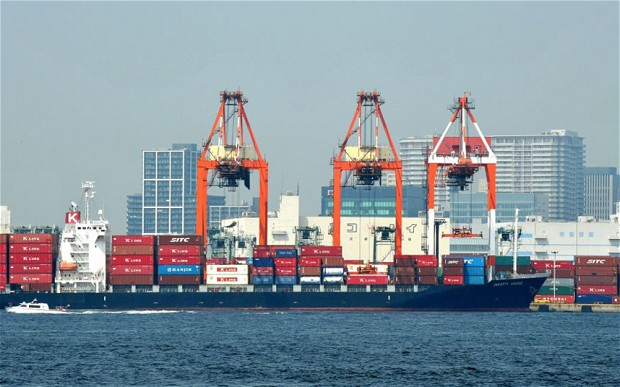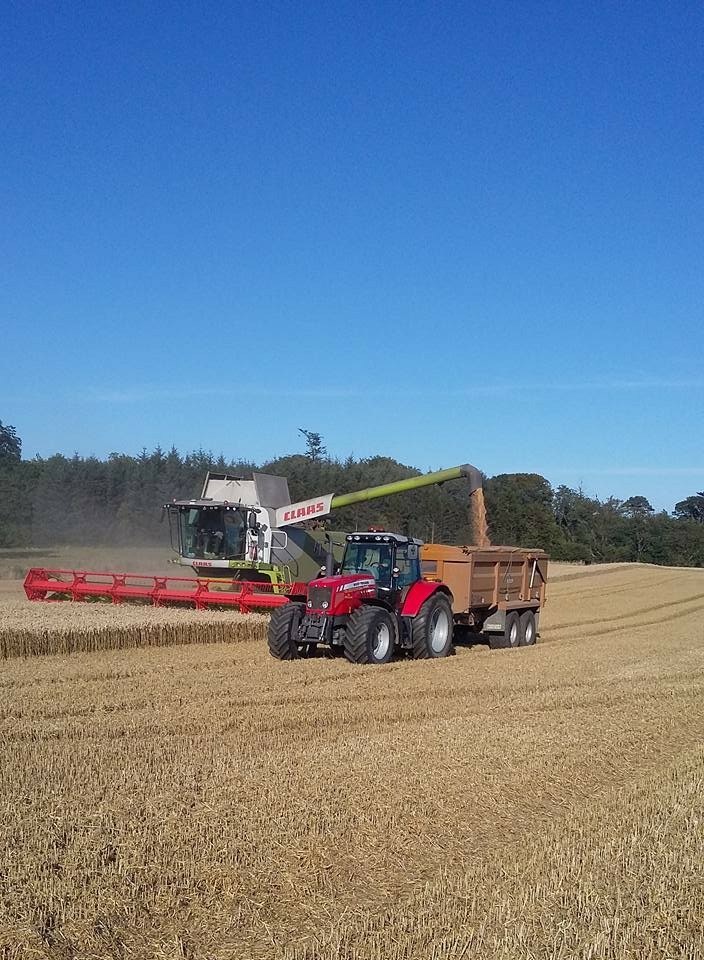Defra has announced payments for 4 Upland Stewardship options will be increased. The uplift will mean the rates are now equal for both upland and lowland farms where they are carrying out the same actions. The new, increased payments will be back dated to take affect from 1st January 2023. The table below shows the 4 options together with the old and new rates;

The evening-up of payments for both upland and lowland farms results in an increase for one option for lowland farms – WD4: Management of Lowland Wood Pasture and Parkland, with the payment being increased to £212 to match that of WD10: Management of Upland Wood Pasture and Parkland.
The improved rates are part of a package of measures to ‘improve and extend’ the offers available to Upland farmers. Defra has said from 2024 there will be further improvements to Countryside Stewardship (CS) to make it more accessible, broader and rewarding for Upland farmers and has been working with farmers and stakeholders. This includes a further update to the following 7 existing CS offers;
- GS9 – Management of wet grassland for breeding waders
- GS12 – Creation of wet grassland for wintering waders and wildfowl
- GS13 – Management of grassland for target features
- GS14 – Creation of grassland for target features
- GS15 – Haymaking supplement
- GS16 – Rush infestation control supplement
- SP8 – Native breeds at risk supplement
No details are available yet but feedback has suggested reviewing dates associated with some actions, providing clarification on how the options should be carried out and reviewing payment rates. Defra has said further details will be available this summer together with an announcement on the rest of the 2024 offer. In addition, Defra is also trying to improve its engagement with Upland farmers and has produced The Payments for Upland Farmers leaflet (this can be found via https://defrafarming.blog.gov.uk/wp-content/uploads/sites/246/2023/05/Defra-SFI-Upland-Leaflet.pdf) This 15 page leaflet summarises what schemes and the options available within them are available for the sector. It is said to be the first in a series of sector-specific leaflets.
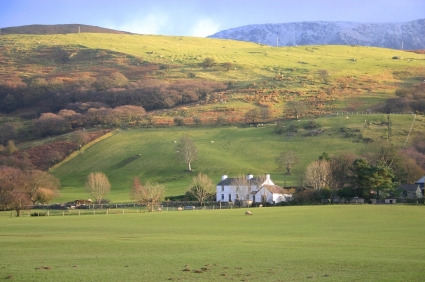

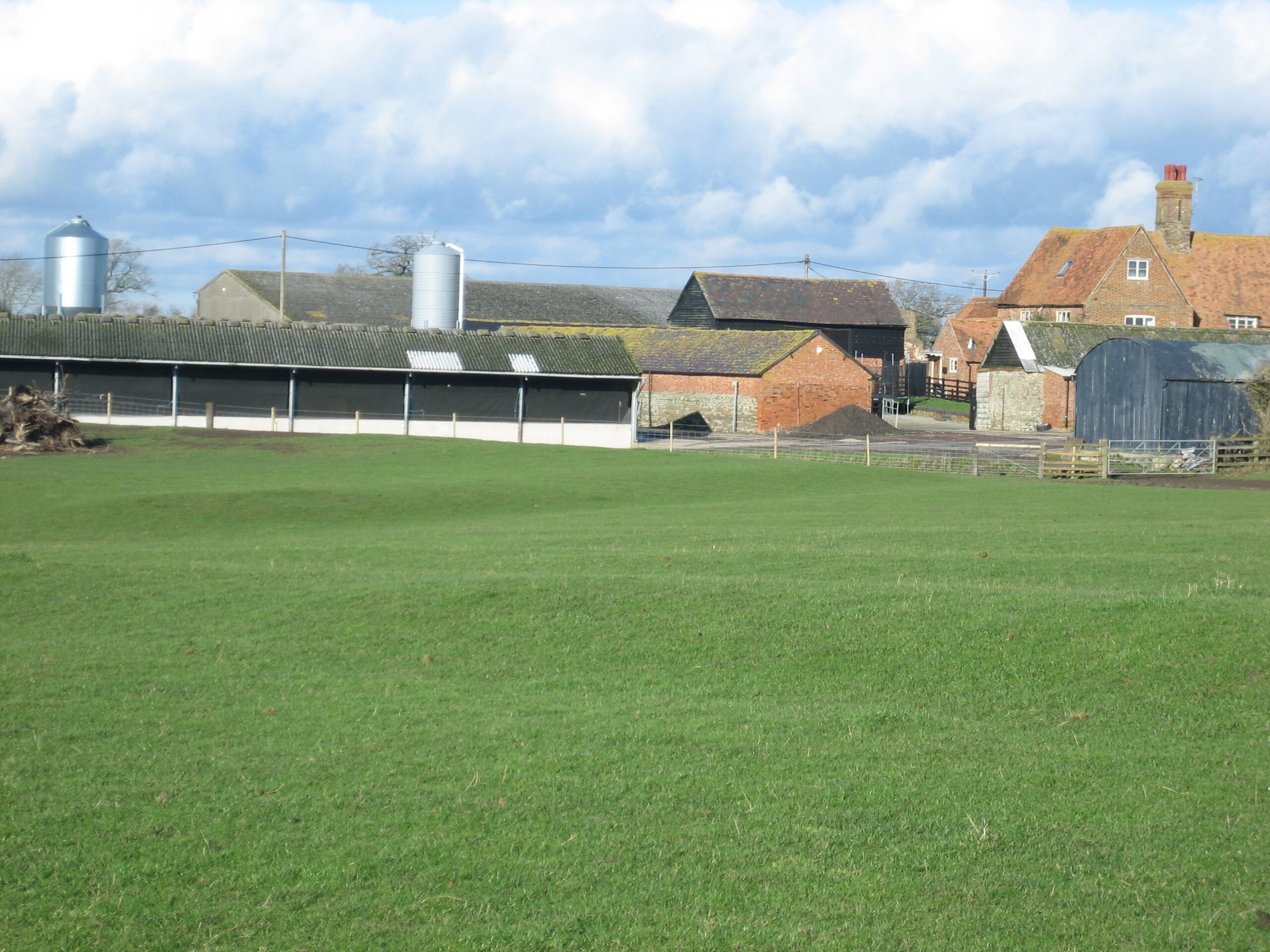

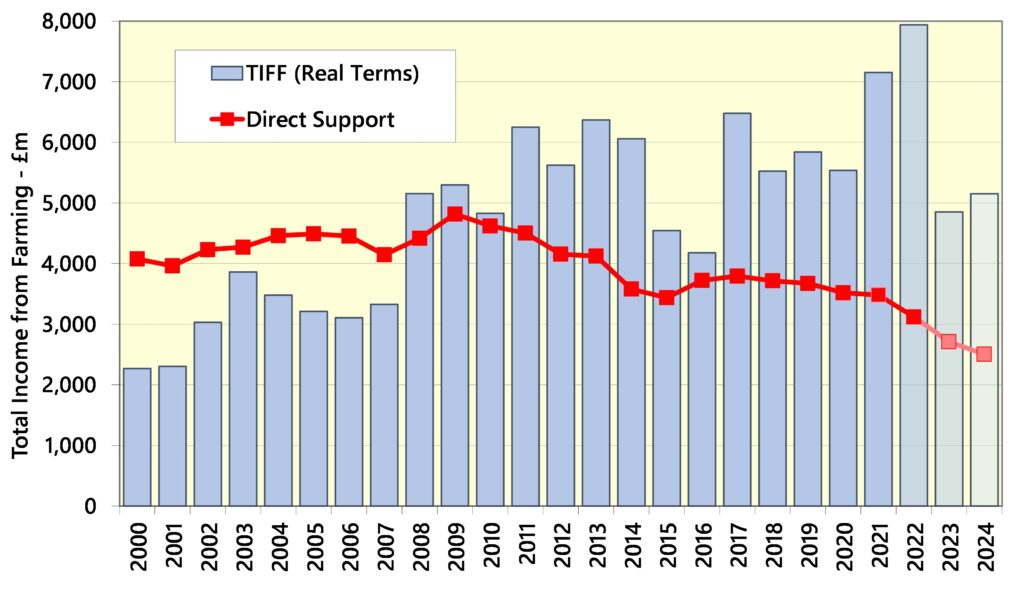


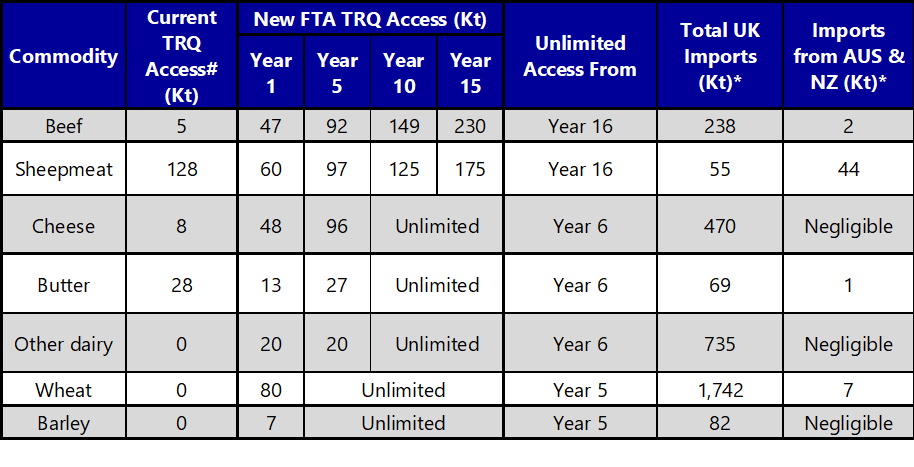 Sources: HMRC / UK Government / Andersons
Sources: HMRC / UK Government / Andersons